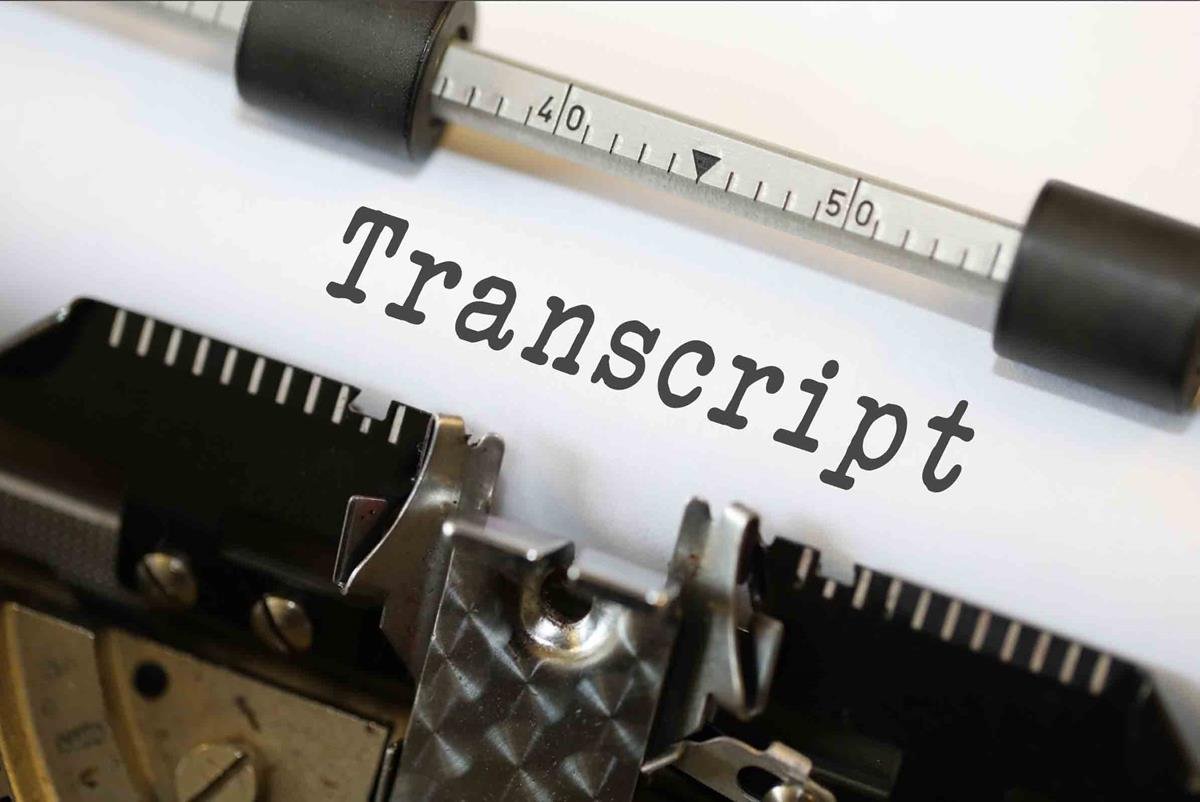The last few months have been, perhaps, the most tested time of US-Ukraine relations in history. Presidents Donald Trump and Volodymyr Zelenskiy have been confronting the release of the transcript of their July phone call and had a tense and awkward meeting on the sidelines of the UNGA meeting in New York. This story is developing and it is not pleasant. Since the situation is dynamic and new details emerge on a daily basis, we can now only make some preliminary conclusions.
The situation is loaded with mostly negative implications for their bilateral relations and only a couple of aspects would qualify as mildly positive. First, the scandal reminded Americans about Ukraine’s security predicament and the war that is ongoing in Donbas. It has brought this case back into the news against the background of this war becoming increasingly forgotten in the West. In addition, it has shown that Ukraine still needs U.S. assistance.
Second, it can be predicted with some certainty that Trump will now be unable to continue his pressure and blackmail campaign against Kyiv. He might still try and delegate this to some of his surrogates, but that is hardly feasible given that he is under the microscope now specifically for his dealings with Ukraine. The informal network of those being involved in pressuring Kyiv is now being increasingly exposed. Thus, we can very cautiously predict, and hope, that Ukraine is not going to be assailed by Trump in the foreseeable future. He most certainly won’t tamper with assistance packages to Ukraine again (among other things). For the time being, the assistance has been “fireproofed.”
The scandal has shown that, unfortunately, the long-term bilateral strategic partnership can be victimized and trampled upon under the worst circumstances in favor of tactical political expediency. This naturally does raise the question about the durability of the consensus in the United States as to how important Ukraine is. Yes, support for Ukraine has enjoyed strong bipartisan backing in the Congress. Yes, public opinion, experts, and the media all agree that Ukraine should be helped. Yes, you have a critical mass in the foreign, policy, defense, security, and intelligence community who are whole-heartedly behind the course to support Ukraine. We are now witnessing the painful drama of some “principled professionals” putting up resistance to the U.S. president’s wrongdoing. It is the saga of a president who we’ve known all along is powerful enough to be able to break policies and push levers at his disposal to do the “wrong thing.”
We are seeing people with values, principles, and integrity versus opportunists, machinators, and situational-benefit-takers-at-any-expense. Usually dilemmas have been on the Ukrainian end but now, most regrettably, they are playing out on the American side of their relations.
Will the guardians of the U.S. national interests, the professionals and true patriots, the principled public servants, the “establishment,” the so-called “deep state” (Trump’s words) be able to safeguard U.S. policy courses (in this case, toward Kyiv) in the future? With all of the consensus about a need to help Ukraine on the surface, the White House has come dangerously close to doing irreparable damage to bilateral relations. This is a cautionary tale. People in Kyiv are wondering: Does Washington really have our back? Does the United States comprehend our interests, problems, and concerns? The emergence of doubt, of uncertainty, is one of the most unfortunate and potentially lasting effects of the scandal.
The U.S. Congress must stay the course of the last years in driving U.S. policy toward Ukraine. They may even double-down on supporting Ukraine. The executive is tainted for the near future and cannot be trusted.
The timing of the scandal is awful. Ukraine is trying to find a way to settle the Donbas conflict. It is in need of international support to do that. The conflict with Russia has always been asymmetric, so Kyiv needs Western support badly—to try and end the carnage in Donbas and facilitate its return to Ukraine. Few things would embolden Moscow more than seeing Kyiv being abandoned by its international partners.
As a case in point, French President Emmanuel Macron has apparently decided that Russia should be brought back from the cold. Such sentiments among leaders may mean that Ukraine could be pressed to accept Donbas conflict settlement conditions that would not match Ukrainian interests and which might plague Ukrainian sovereignty for years to come.
The U.S. role has been a huge part of all of the Ukrainian equations. Alas, it is exactly when we need a strong U.S. role and voice in Ukraine’s reform and security process when we find America herself struggling with an acute, domestic, political crisis. We can only hope that the U.S. imbroglio doesn’t keep Washington incapacitated, which might be the greatest negative outcome of the scandal so far. America’s partners around the world, including Ukraine, are counting on it.
Homepage image credit: Nick Youngson (license).











